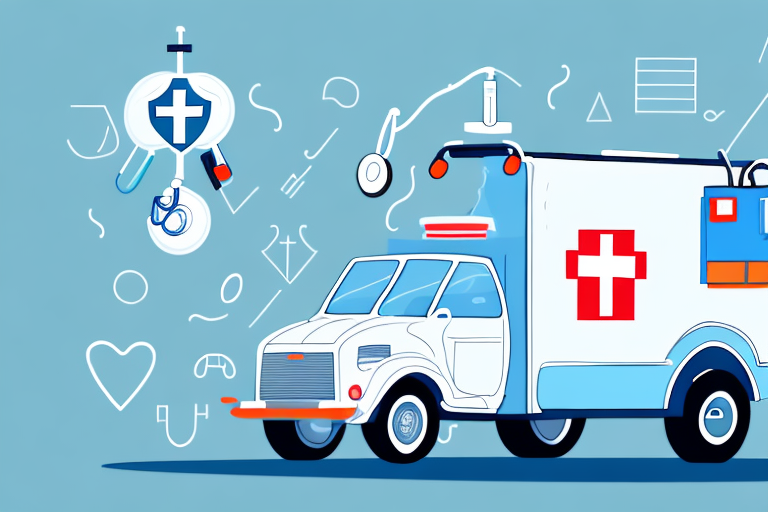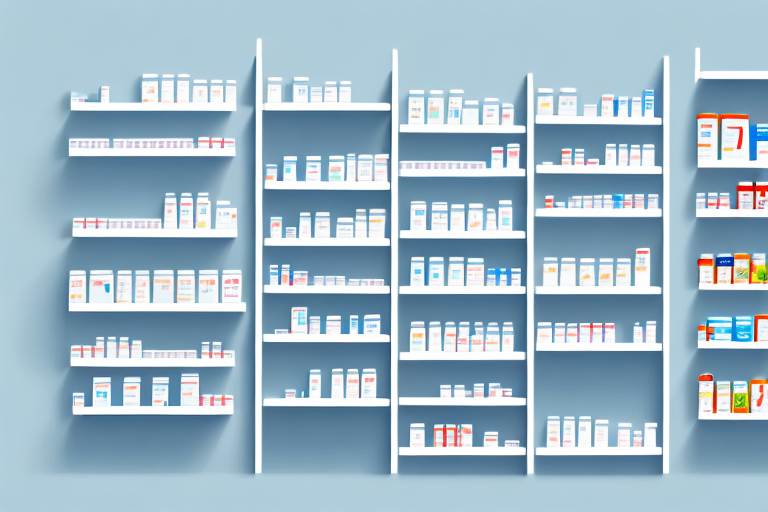The Benefits of Medical Delivery Services
In recent years, medical delivery services have become a cornerstone in the healthcare industry, offering substantial benefits to patients, caregivers, and healthcare providers. By facilitating the direct delivery of medications and medical supplies, these services enhance patient outcomes, improve convenience, reduce costs, and streamline healthcare delivery. This article delves into the multifaceted benefits of medical delivery services and explores how they contribute to a more efficient and patient-centered healthcare system.
Improving Patient Outcomes with Medical Delivery Services
Enhancing Medication Adherence
Medication adherence is crucial for managing chronic conditions and ensuring effective treatment. According to a study published in the Journal of the American Medical Association, adherence rates improve by up to 25% when medications are delivered directly to patients' homes (JAMA Network). Medical delivery services eliminate the barriers of pharmacy access and transportation, making it easier for patients to follow their prescribed regimens.
Reducing Hospital Readmissions
Access to necessary medications and supplies at home plays a significant role in preventing complications that could lead to hospital readmissions. The Centers for Disease Control and Prevention (CDC) reports that effective medication management can reduce readmission rates by up to 20%. By ensuring timely delivery of medications, these services help maintain patient stability and health.
Increasing Patient Satisfaction and Quality of Life
Receiving medications and supplies at home minimizes the need for frequent trips to pharmacies, reducing stress and enhancing the overall healthcare experience. A survey by NCBI found that 78% of patients reported higher satisfaction levels when using medical delivery services, citing convenience and reduced physical strain as key factors.
Convenience of Medical Delivery for Patients and Caregivers
Access for Mobility-Impaired and Rural Patients
Patients with mobility issues or those living in rural areas often face challenges in accessing healthcare facilities. Medical delivery services bridge this gap by providing door-to-door delivery, ensuring that all patients receive their necessary medications and supplies without the need for travel.
Availability of Diverse Medical Supplies
Beyond medications, these services offer a wide range of medical supplies, including specialized equipment and hard-to-find items. This variety ensures that patients with unique medical needs can obtain all necessary products from a single, reliable source.
Privacy and Discretion in Medication Delivery
For patients requiring medications for sensitive health conditions, privacy is paramount. Medical delivery services offer discreet packaging and secure delivery methods, allowing patients to receive their medications without discomfort or unwanted attention.
Cost Savings through Medical Delivery Services
Savings for Patients
By eliminating the need for transportation to and from pharmacies, patients save on costs related to fuel, parking, and vehicle maintenance. Additionally, the time saved can be redirected towards other essential activities, enhancing overall quality of life.
Savings for Healthcare Providers
Healthcare providers benefit financially by reducing the overhead associated with medication storage and in-house distribution. Outsourcing these tasks to specialized delivery services can lead to significant cost reductions and operational efficiencies.
Eliminating Transportation Barriers to Healthcare
Access in Rural and Remote Areas
Transportation barriers are a major hurdle in rural and remote regions, where healthcare facilities may be scarce. Medical delivery services ensure that patients in these areas have consistent access to necessary medications, promoting equitable healthcare access.
Reducing Transportation-Related Costs and Time
Patients no longer need to allocate time and resources for traveling to pharmacies. This reduction not only saves money but also decreases the logistical burden on patients and their families.
Minimizing Medication Errors via Direct Delivery
Direct delivery reduces the chances of medication mismanagement that can occur during multiple handling points. With medications shipped directly from pharmacies to patients, the risk of errors decreases significantly, enhancing patient safety.
Technology and Innovation in Medical Delivery Services
Tracking and Monitoring Systems
Advanced tracking systems enable real-time monitoring of deliveries, ensuring that medications arrive on time and in optimal condition. Technologies like GPS allow both patients and healthcare providers to track shipments, providing transparency and reliability.
Temperature Control for Sensitive Medications
Many medications require specific temperature conditions to maintain their efficacy. Medical delivery services utilize temperature-controlled packaging and transportation methods to ensure that sensitive medications remain stable throughout the delivery process.
Future Trends: Drones and AI Integration
The integration of drones and artificial intelligence (AI) is poised to revolutionize medical delivery services. Drones can expedite deliveries in hard-to-reach areas, while AI can optimize delivery routes and predict medication needs, enhancing efficiency and responsiveness.
Ensuring Privacy, Security, and Compliance
Data Protection and Secure Communication
Protecting patient information is paramount. Medical delivery services employ encrypted communication channels and secure data handling practices to safeguard patient privacy in compliance with regulations like the Health Insurance Portability and Accountability Act (HHS).
Secure Packaging and Delivery Methods
Medications are packaged using tamper-evident materials, and delivery personnel are trained to handle packages securely. These measures prevent unauthorized access and ensure that medications reach the correct recipients safely.
Choosing the Right Medical Delivery Service
Factors to Consider: Cost, Convenience, Reliability
When selecting a medical delivery service, it's essential to evaluate factors such as cost-effectiveness, delivery speed, reliability, and the range of services offered. Patient reviews and service guarantees can also provide insights into the quality of the provider.
Integration with Healthcare Providers
An effective medical delivery service should seamlessly integrate with healthcare providers' systems, ensuring accurate and timely delivery of medications. Collaboration between providers and delivery services enhances coordination and patient care.
Conclusion
Medical delivery services play a pivotal role in modern healthcare by improving patient outcomes, enhancing convenience, reducing costs, and ensuring the secure and timely delivery of medications and supplies. As technology advances and the healthcare landscape evolves, these services will continue to adapt, offering even greater benefits to patients, caregivers, and healthcare providers alike. By selecting the right medical delivery service, individuals can ensure they receive the care they need efficiently and effectively, ultimately contributing to a healthier society.






















